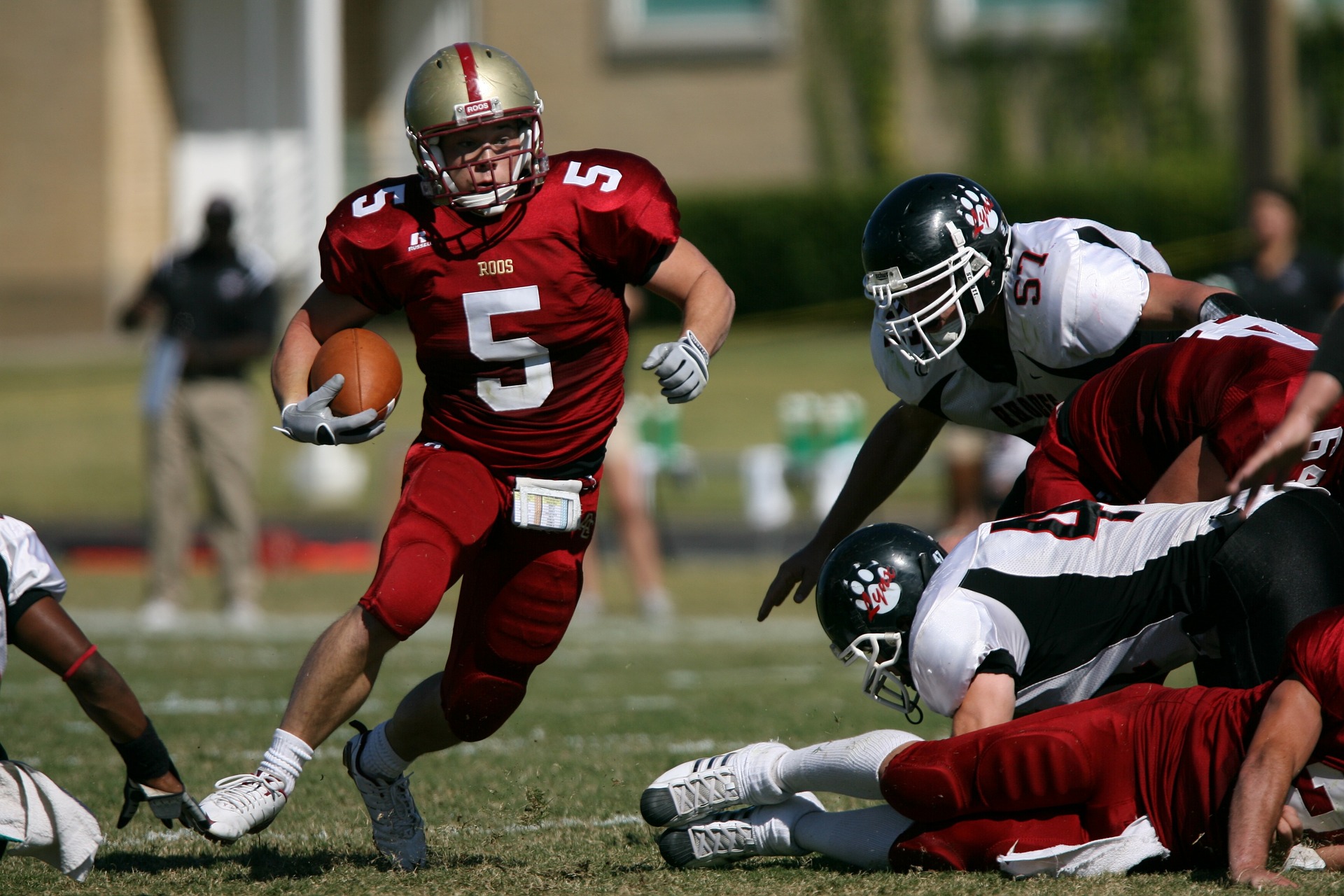Introduction
Pain management is a significant concern for NFL players due to the physical demands and potential injuries associated with professional football. In recent years, there has been growing interest in the potential of cannabidiol (CBD), a compound derived from marijuana, for pain relief. This comprehensive guide explores the relationship between CBD and pain management in NFL players, examining the science behind CBD, its potential benefits, legal considerations, and the implications for the future of pain management in professional football.
Understanding CBD
CBD is one of the many compounds found in the cannabis plant, known as cannabinoids. Unlike tetrahydrocannabinol (THC), another well-known cannabinoid, CBD does not have psychoactive effects, meaning it does not produce a “high.” CBD interacts with the body’s endocannabinoid system, which plays a role in regulating various physiological processes, including pain perception.
The Science of CBD and Pain Relief
Scientific studies have indicated that CBD may have potential analgesic (pain-relieving) properties. CBD interacts with receptors in the endocannabinoid system, including CB1 and CB2 receptors, which are involved in pain modulation. Additionally, CBD has been found to have anti-inflammatory effects, which can contribute to pain reduction.
Potential Benefits for NFL Players
CBD holds several potential benefits for NFL players struggling with pain:
a) Non-Addictive Alternative
Unlike opioids, which are commonly used for pain management but carry a risk of addiction, CBD is non-addictive. This makes it an appealing option for players seeking alternative pain relief without the potential for dependence.
b) Reduced Inflammation
NFL players often experience inflammation as a result of injuries and intense physical activity. CBD’s anti-inflammatory properties may help alleviate inflammation and reduce associated pain.
c) Neuroprotective Effects
There is emerging evidence suggesting that CBD has neuroprotective properties, which could be beneficial for NFL players who face the risk of concussions and other head injuries. CBD’s potential to reduce neuroinflammation and promote brain health may aid in the recovery process.
d) Sleep Improvement
Restful sleep is crucial for athletes’ recovery and pain management. CBD has shown potential in promoting better sleep quality by addressing issues such as insomnia and anxiety, which can interfere with sleep.
Legal Considerations
While the 2018 Farm Bill legalized the cultivation and commercialization of hemp-derived CBD products at the federal level in the United States, the NFL still has strict policies regarding cannabis use. Currently, the NFL’s policy prohibits the use of marijuana and its cannabinoids, including CBD, even if it contains no THC or is derived from hemp. This discrepancy between federal and league regulations poses challenges for players interested in exploring CBD for pain relief.
The Need for Research and Regulation
As interest in CBD for pain management grows, there is a need for more research and regulation in the field. Currently, the scientific understanding of CBD is still evolving, and more clinical trials and studies are necessary to establish its efficacy, safety, optimal dosages, and potential interactions with other medications.
The Future of CBD in the NFL
As the scientific evidence supporting CBD’s potential benefits continues to accumulate, there is a growing call for the NFL and other professional sports leagues to reconsider their policies on cannabis and CBD use. The potential for CBD to provide a non-addictive, natural alternative for pain management may lead to changes in league regulations, allowing players to explore CBD as a viable option for pain relief.
Conclusion
CBD holds promise as a potential solution for pain management in NFL players. Its non-addictive nature, anti-inflammatory properties, neuroprotective effects, and potential to improve sleep make it an appealing option for athletes seeking alternative pain relief. However, legal considerations and the need for further research and regulation must be addressed. As the conversation around CBD continues to evolve, it is essential for the NFL and other sports organizations to carefully evaluate the scientific evidence and consider potential policy changes that prioritize player well-being. With more research and informed decision-making, CBD could play a significant role in the future of pain management in professional football.

